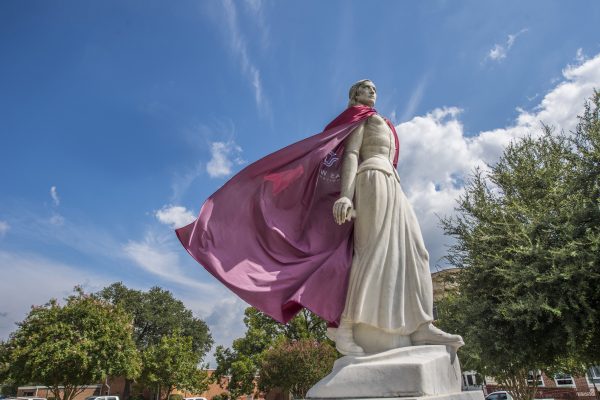More than 770 new laws went into effect on Sept. 1 following the recent Texas Legislative Session covering topics such as crime, gender, local governmental power and environmental issues.
Crime:
House Bill 17, which passed in May of 2023, allows the courts to remove district attorneys for misconduct if they choose not to pursue certain types of crime. This legislation was initiated and marked as a priority by the Republican party as a result of district attorneys in left-leaning counties choosing not to prosecute abortion-related charges following the Dobbs v. Jackson decision.
This law has implications for all locally elected prosecutors, but this legislation will likely also change how Denton County addresses marijuana possession charges. Regardless of the outcome of Proposition B and the Decriminalize Denton movement, this may increase marijuana prosecutions in the county and other counties that choose not to pursue low-level possession cases.
House Bill 63, authored by state Rep. Valoree Swanson, R-Spring, aims to decrease both the number of false reports of child abuse and the workload of the Texas Department of Family and Protective Services. This bill eliminates anonymous reports of child abuse, requiring child abuse agencies to obtain a caller’s identity in order to initiate an investigation. Proponents of this bill assert that the changes will aid in weeding out false reports of child abuse, while opponents claim that the new procedure will lead to increased hesitancy and barriers to reporting suspected child abuse or neglect.
State Sen. Kevin Sparks, R-Midland, told legislators that people could weaponize the state agency against those they have disagreements with, such as in divorce cases. In 2022, there were 12,473 anonymous calls to the state and about 1,000 were found to have unsubstantiated findings of abuse or neglect, according to Kate Murphy, the director of child protection policy with the advocacy group Texans Care for Children.
Gender:
Senate Bill 15 prohibits transgender athletes from competing on collegiate teams that match their gender identity. This bill is an extension of the preexisting restriction that requires K-12 students to compete on teams that correlate with their assigned sex at birth.
Proponents of this bill argue that the bill will make sports more fair for cisgender female athletes. Opponents of this bill, such as Rep. Ana-Maria Ramos, D-Richardson, argue that “instead of working to create societies that are more tolerant and accepting, we are putting forward more senseless legislation that targets trans people in particular, and discriminates against communities at large.” On both sides of the argument, the issue of fairness is debated.
Local Governments
House Bill 2127 prevents cities and counties from enacting local laws that are more expansive than the current state law.
On one side, supporters believe that the law will aid businesses from harmful local regulations. Critics claim that this law may restrict the power of local governments and restrict local ordinances that are not in accordance with state law such as mandatory water breaks for construction workers. Cities have already sued to block HB 2127 and a judge in Travis County declared it to be unconstitutional.
All new bills effective on Sept. 1 are accessible through the Texas Legislature’s website.
Featured Photo Credit: Christopher Connelly
Maddie LaRosa-Ray can be reached via email at mray10@twu.edu.







Be First to Comment